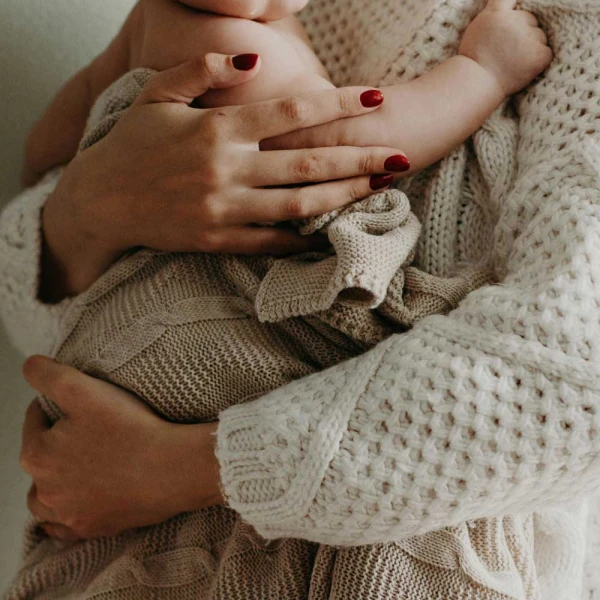Daring to attach yourself
The importance of your childhood

The first bond you form is with your mother. During pregnancy, you have a very close contact with your mother and you will never experience a closer bond in your life. During this period, you experience everything your mother does, experiences and feels; there is hardly any distinction between you and her. Through her, you take the first steps on the path of attachment and how she bonds with you is the basis for your later life.
Bonding with your mother can determine your life course and cause bonding anxiety
After your birth, you come into contact with new people who bond with you, your father, siblings, grandparents, relatives, neighbours, doctors and nurses and all the other people who pass by. All these encounters give input to your way of bonding with others. The boyfriends and girlfriends in primary and secondary school, the first crush, the first kiss, hugs and your first sexual adventure are all formative. By the time you turn 20, you have already formed quite a picture of how attachment works for you.







